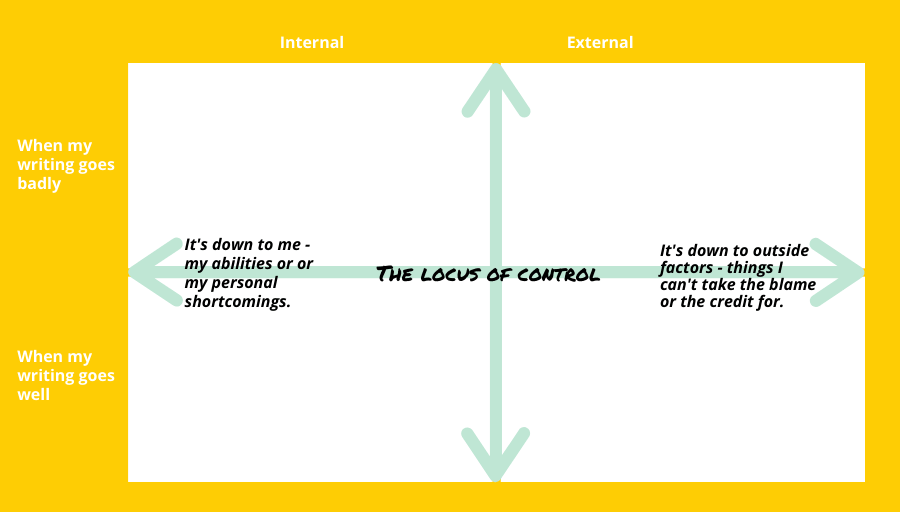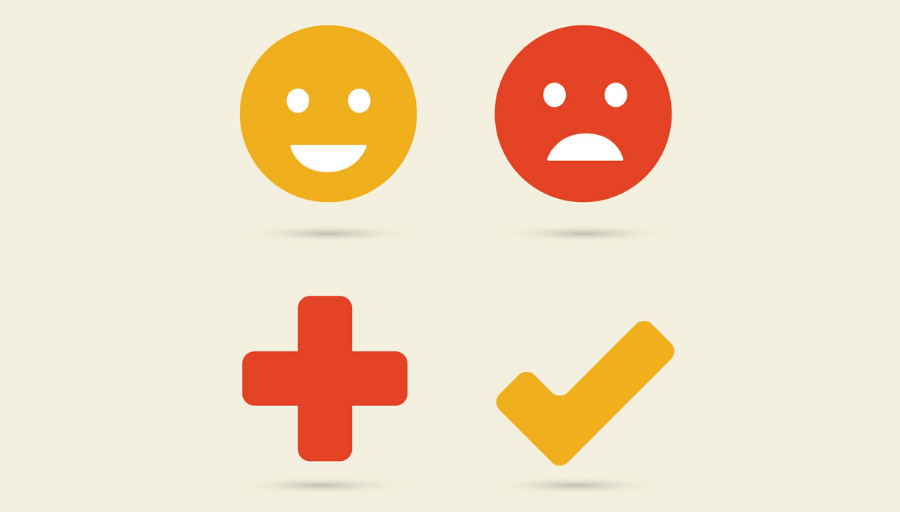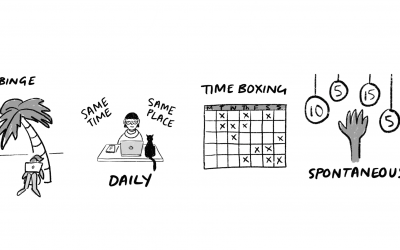Who or what do you credit when your writing is going well? Who or what do you blame when your writing is going badly? Either way, understanding where you are on the locus of control will help you reach better conclusions about yourself, your writing – and what you can do make a difference.
Picture this; you’ve just had a piece of writing accepted for publication – yippee! They’re finally going to publish! Who or what do you feel is responsible? Are you likely to take 100% of the credit and believe your success is down to your innate talents alone – or might you feel you’ve just been lucky or attribute your success to circumstance? I was just in the right place at the right time.
Now picture this; you’d put aside an hour to write this morning but instead of writing, you did other things. You got interrupted by family, you answered phone calls and replied to work emails. Where does the blame lie? Are you likely to think that these problems are entirely your fault or might you feel your time was ‘taken from you’ again. Why does this keep happening to me?
The locus of control is a concept in psychology that explains how we respond to events in our lives. It has two categories: internal and external.
- Internal: The more likely you are to think that the good and bad things that occur in your life are down to you, the higher your internal locus of control.
- External: The more inclined you are to think they’re due to external forces – things ‘happening to you’, luck or fate – the higher your external locus of control.
>> Read more: Beat distraction: writing productivity tactics to try when you can’t concentrate
When control is out of whack
Research has found that in general, you’re more likely to attribute the good things that happen in your life to your own abilities and the bad things that happen to outside forces. And there’s nothing wrong with that – you’re human after all. The locus of control isn’t a judgemental concept.
“The locus of control is a concept in psychology that explains how we respond to events in our lives.”
But sometimes, your locus of control can get out of whack – and a lack of balance can lead to you make decisions that are harmful. For example, you might pass by opportunities because you believe you’re an unlucky person or the odds of life are stacked against you. That’s when they need to be challenged.
Whilst it’s healthy to take the credit for some of your wins, it lacks humility to conclude that every success or advantage you’ve ever experienced is down to you and you alone (hello privilege).
Whilst it’s generous to acknowledge the role of others and circumstance in your life, it’s self-limiting to conclude that every success is down to luck and every hardship is due to fate.

Busyness is not an illusion (but it can be challenged)
Many writers say to us that they have no time in their lives to write. They feel overwhelmed, overworked and overburdened. They can never make progress because for whatever reason, they get held back by work responsibilities, interruptions, focus, time – the list is often endless.
The last thing any writer in this situation needs is to be told that they’re not as busy as they think they are. Their busyness is not an illusion – it is real.
But the dogmatic conclusions they are reaching about how in-control they are over their situation might not be. At this point, their belief system needs to be challenged, not their approach to scheduling.
>> Read more: How to stop procrastinating for good: a guide for writers
Situation uncontrollable?
The locus of control teaches us is that two modes of thought are possible in a given situation.
There’s the mode of thought which says to you that there’s nothing you can do to control the situation because things are being ‘done to you’. My time gets taken from me. I can’t write because I keep getting interrupted and my inbox is overloaded.
Then there’s a mode of thought which concludes that whilst you do have multiple distractions and are lacking time, you can control your situation in some way. Yes, things are franticly busy but there are things I can do to manage my work pressures.
“Whilst it’s healthy to take the credit for some of your wins, it lacks humility to conclude that every success or advantage you’ve ever experienced is down to you and you alone (hello privilege).”
The locus of control isn’t about blaming yourself for not writing when you’re busy. That’s just damaging and guilt-inducing. It’s about asking questions of yourself and testing the assumptions you reach.
If you think you’re far too busy to write. Ask yourself: is the situation you find yourself in as uncontrollable as you think? If it is – fine. Then put the writing aside, accept your busyness and don’t feel bad. But perhaps there might be something you can do.
The locus of control suggests that before you jump to a conclusion or assume that a certain situation is uncontrollable, first break it apart and think about your decision-making process.
- Is it really true I can’t make any difference whatsoever to my situation?
- When I feel things are being ‘done to me’ is that necessarily the case?
- What can I control here and what can’t I?
- Am I prioritising things in a way that works for me?
- Do I feel I can’t change the situation? Is this true?
>> Read more: 8 types of negative thinking that hold you back as a writer and how to overcome them
You are not the cause
The locus of control teaches us that neither should you blame yourself for every failure nor congratulate yourself for every win. And that’s because you’re unlikely to be the sole cause of either.
Whether bad or good, it’s unlikely that the circumstances you find yourself in are entirely of your own making or entirely the fault of some-one else or some-thing else.
So, before you jump to conclusions, credit others with all your successes or blame outside forces for all your problems, first check out where you are on the locus of control and examine how you reach these assumptions.




